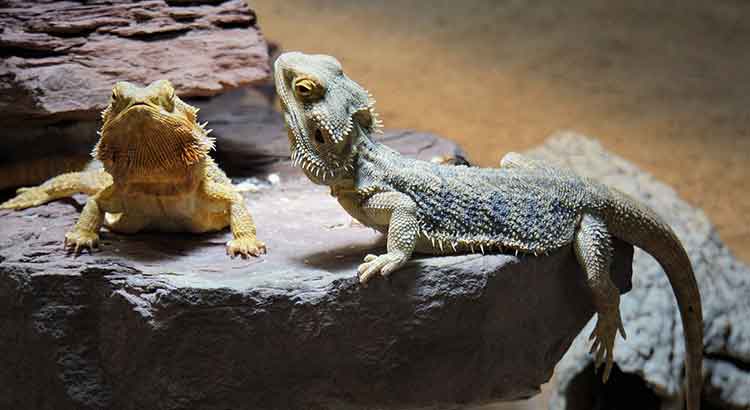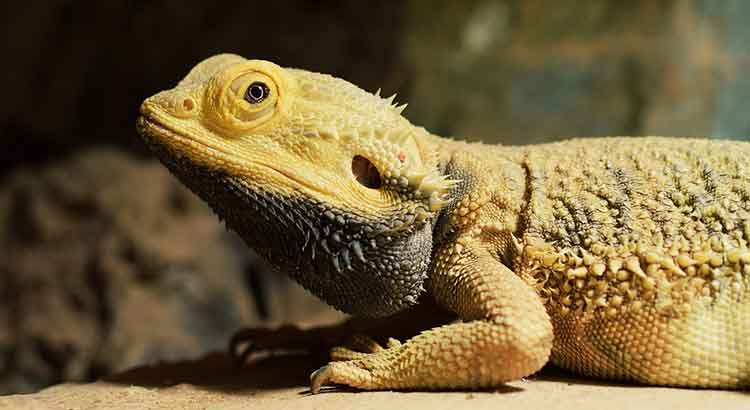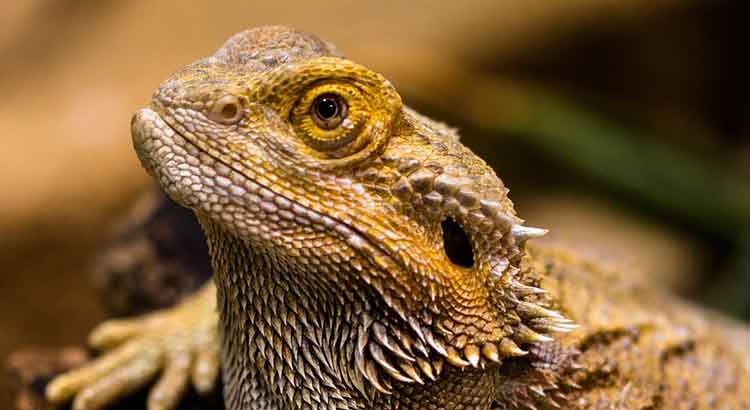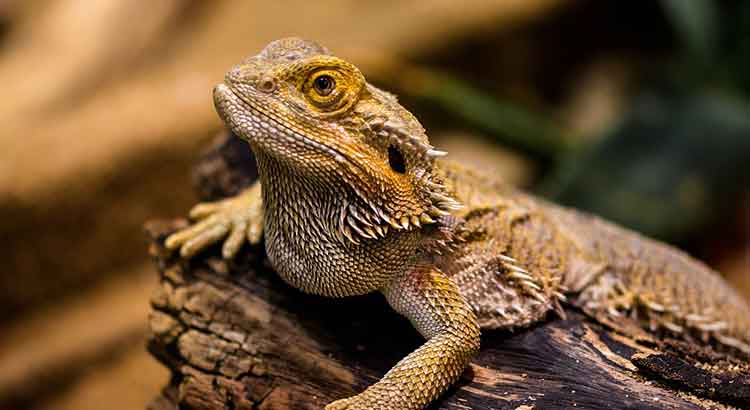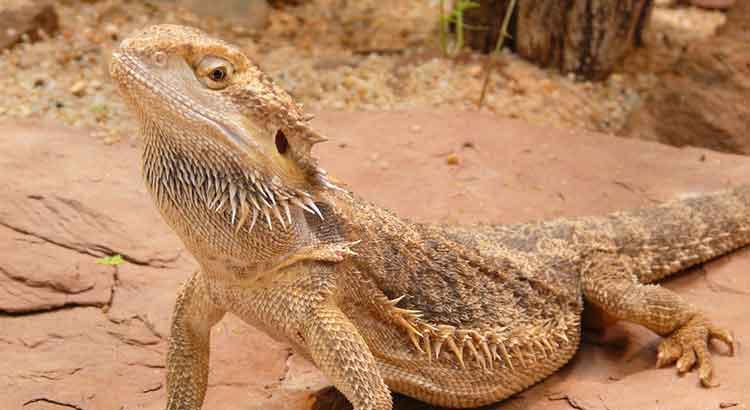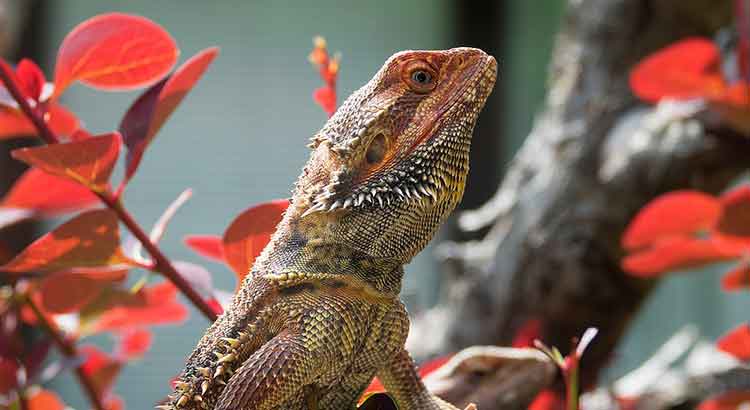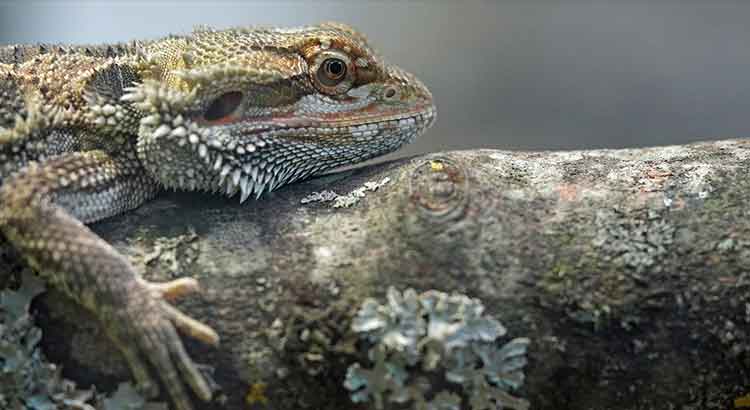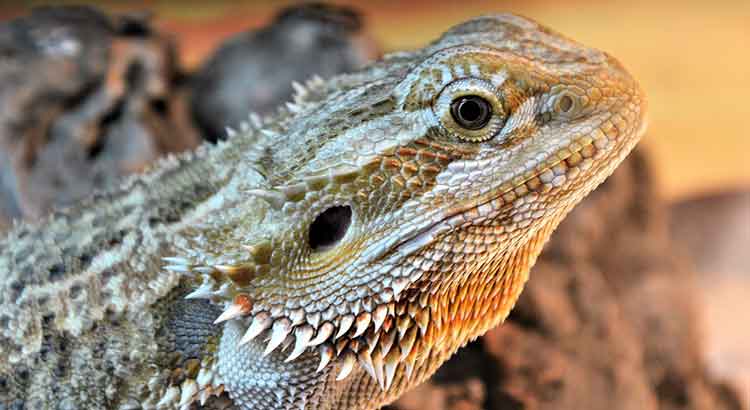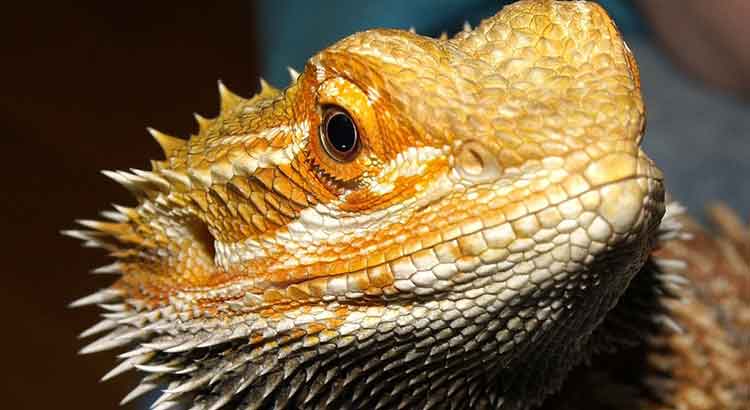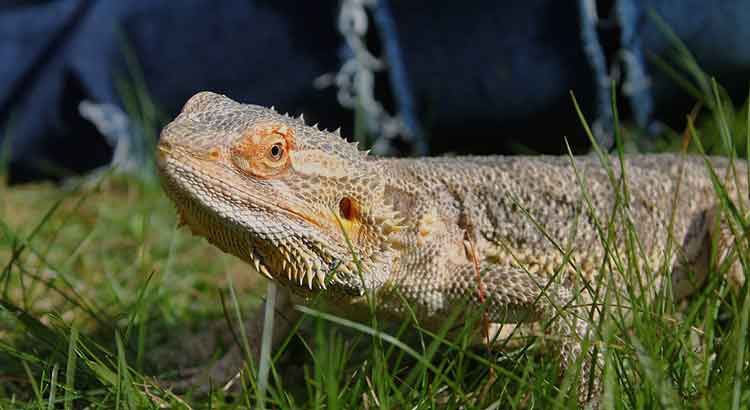Do Bearded Dragons Need the Heat Lamp Overnight? (No, but During the Day It’s Essential)
Ever wondered if your bearded dragon needs that warm glow all night long? The answer might surprise you. Understanding their heat needs is key to keeping your scaly friend cozy. Bearded dragons don’t require a heat lamp overnight, but it’s crucial during the day. Mimicking their natural habitat, daytime warmth helps digestion, metabolism, and overall … Read more

